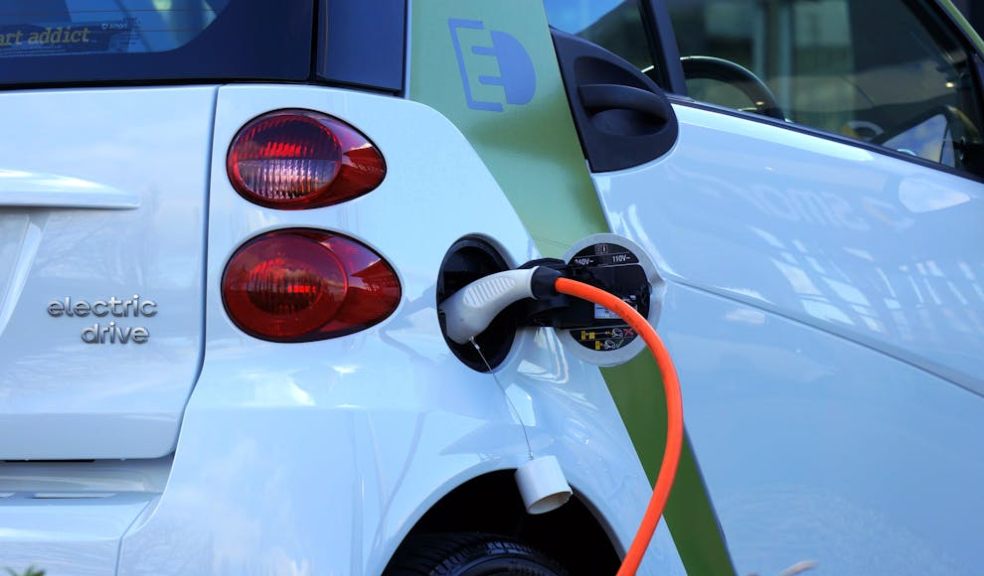
Revolutionising the Road: The Rise of Electric Vehicles
The shift towards electric vehicles (EVs) represents one of the most significant advancements in the automotive industry in recent years. With a growing emphasis on reducing carbon emissions and promoting sustainable practices, electric vehicles are increasingly seen as a viable and attractive alternative to traditional petrol and diesel cars. Major car manufacturers and new entrants alike are investing heavily in EV technology, leading to rapid advancements in performance, range, and affordability. This transformation is not only shaping the future of transportation but also redefining our relationship with the environment. As we navigate through this electrifying era, it is essential to understand the key innovations propelling this movement and explore the top EV models set to dominate the market in 2024.
Key Innovations Driving the Electric Vehicle Revolution
Electric vehicles have come a long way from their early prototypes, thanks to several groundbreaking innovations. One of the most notable advancements is in battery technology. Modern lithium-ion batteries are far more efficient, providing greater range and faster charging times. This progress addresses one of the primary concerns potential EV buyers have: range anxiety.
Another significant innovation is the development of regenerative braking systems. This technology allows vehicles to recover energy that would otherwise be lost during braking, thus improving overall efficiency and extending the driving range. Moreover, advancements in electric motor design have led to more powerful and reliable motors that are both lightweight and compact.
The integration of smart technology and connectivity in EVs has also revolutionised the driving experience. Features such as over-the-air updates, advanced driver-assistance systems (ADAS), and intuitive infotainment systems enhance convenience and safety. These technological strides are not only making EVs more appealing to consumers but are also setting the stage for the future of autonomous driving.
Top Electric Vehicle Models to Watch in 2024
As the electric vehicle market continues to expand, several models are set to capture the spotlight in 2024. Leading the charge is Tesla’s Model S Plaid, which promises unprecedented performance with its tri-motor setup, delivering over 1,000 horsepower and a range exceeding 390 miles. Tesla's continuous innovation and focus on high performance make it a strong contender in the luxury EV market.
BYD, a major player in the Chinese market, is also making waves globally with its Han EV. This model combines impressive range with a competitive price point, making it an attractive option for a wider audience. The Han EV boasts a range of around 370 miles and features BYD’s proprietary Blade Battery, known for its safety and durability.
Additionally, legacy automakers are stepping up their EV game. The Ford Mustang Mach-E, an electric SUV, blends iconic styling with modern electric performance, offering a range of up to 300 miles. Volkswagen’s ID.4, another strong contender, provides a practical and affordable entry into the electric market with a focus on sustainability and smart design.
Sustainability and the Environmental Impact of EVs
Electric vehicles are at the forefront of the push for sustainability in the automotive sector. Their primary advantage lies in their ability to significantly reduce greenhouse gas emissions compared to traditional internal combustion engine (ICE) vehicles. EVs produce zero tailpipe emissions, which is crucial for improving air quality in urban areas and reducing the overall carbon footprint.
Beyond just tailpipe emissions, the entire lifecycle of an EV is becoming more environmentally friendly. Advances in battery recycling and second-life applications are helping to mitigate the environmental impact of battery production and disposal. Companies are investing in processes to reclaim valuable materials from used batteries, which can then be reused in new batteries, thus closing the loop and promoting a circular economy.
Moreover, the energy sources powering EVs are increasingly renewable. As the electricity grid incorporates more wind, solar, and hydroelectric power, the emissions associated with charging EVs decrease. This shift further enhances the sustainability of electric vehicles, making them an even more attractive option for eco-conscious consumers.
Manufacturers are also focusing on sustainable practices within their production processes. Many are committing to using recycled materials in vehicle construction and striving for carbon-neutral manufacturing plants. For example, some automakers are using eco-friendly materials like recycled plastics and natural fibres in their interiors, reducing the environmental footprint of their vehicles.
However, it is important to acknowledge the environmental challenges associated with EVs, such as the mining of raw materials for batteries. Ethical sourcing and advances in battery technology, like the development of solid-state batteries, aim to address these concerns by reducing reliance on scarce materials and improving overall efficiency.
Comparing Leading Brands: A Closer Look at BYD and Tesla
In the rapidly expanding electric vehicle market, two brands consistently draw attention: BYD and Tesla. The BYD vs Tesla debate is a hot topic among EV enthusiasts and potential buyers, as each brand offers unique strengths and innovations. When comparing Tesla vs BYD, several factors come into play, including quality, performance, and market positioning.
Tesla has long been a pioneer in the electric vehicle industry, known for its high-performance models, cutting-edge technology, and extensive Supercharger network. The Tesla Model S Plaid, for instance, is celebrated for its incredible acceleration and long-range capabilities. Tesla's focus on integrating advanced driver-assistance systems (ADAS) and smart features like over-the-air updates keeps it at the forefront of automotive innovation.
On the other hand, BYD, a major Chinese automaker, has made significant strides in both the domestic and international markets. BYD vs Tesla quality comparisons often highlight BYD’s impressive build quality and innovative battery technology. The BYD Han EV, for example, features the Blade Battery, which is praised for its safety and longevity. BYD's approach to electric vehicles combines affordability with advanced technology, making their models accessible to a broader audience.
Is BYD better than Tesla? This question doesn't have a straightforward answer, as it largely depends on what consumers are looking for in an electric vehicle. Tesla offers unparalleled performance and a strong brand presence, while BYD provides a compelling combination of affordability, safety, and innovation. The Tesla vs BYD debate ultimately boils down to individual preferences and priorities.
The Future of Electric Vehicles: Predictions and Expectations
The future of electric vehicles looks promising, with several key trends and developments poised to shape the industry in the coming years. As technology continues to advance, we can expect to see significant improvements in various aspects of electric vehicles, making them an even more attractive option for consumers.
One of the most anticipated advancements is the development of solid-state batteries. These batteries promise greater energy density, faster charging times, and improved safety compared to current lithium-ion batteries. Solid-state batteries could potentially revolutionise the EV market by providing longer ranges and shorter charging times, addressing two of the main concerns for potential EV buyers.
Autonomous driving technology is another area where significant progress is expected. Many electric vehicles already come equipped with advanced driver-assistance systems (ADAS), but the future will likely see the integration of fully autonomous driving capabilities. This development will not only enhance the convenience and safety of driving but also transform the way we think about car ownership and mobility.
The expansion of charging infrastructure will continue to be a critical factor in the widespread adoption of electric vehicles. We can expect to see more fast-charging stations, as well as the implementation of wireless charging solutions. Additionally, the integration of renewable energy sources into charging infrastructure will further enhance the sustainability of EVs.
The electric vehicle market is also likely to become more competitive as new players enter the field and established automakers expand their EV offerings. This increased competition will drive innovation and lead to more affordable and diverse electric vehicle options for consumers. As a result, electric vehicles will become accessible to a broader audience, further accelerating their adoption.













